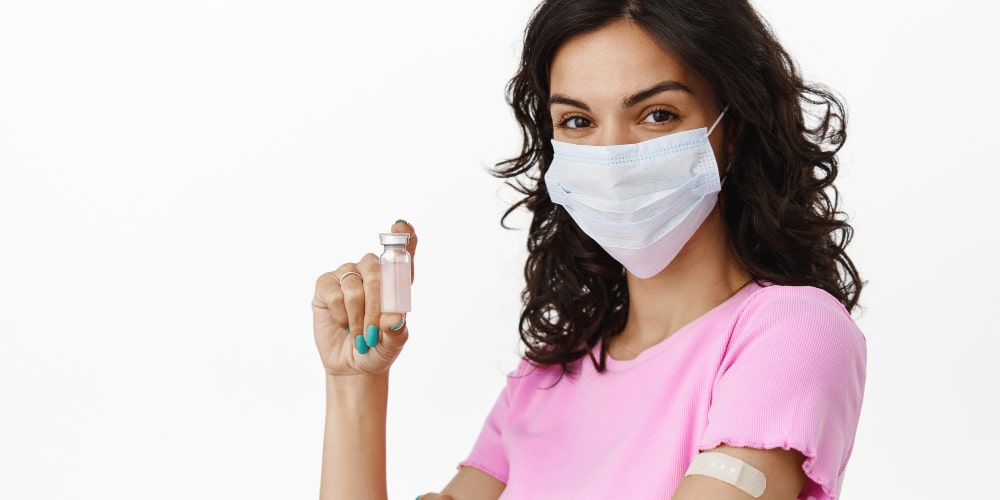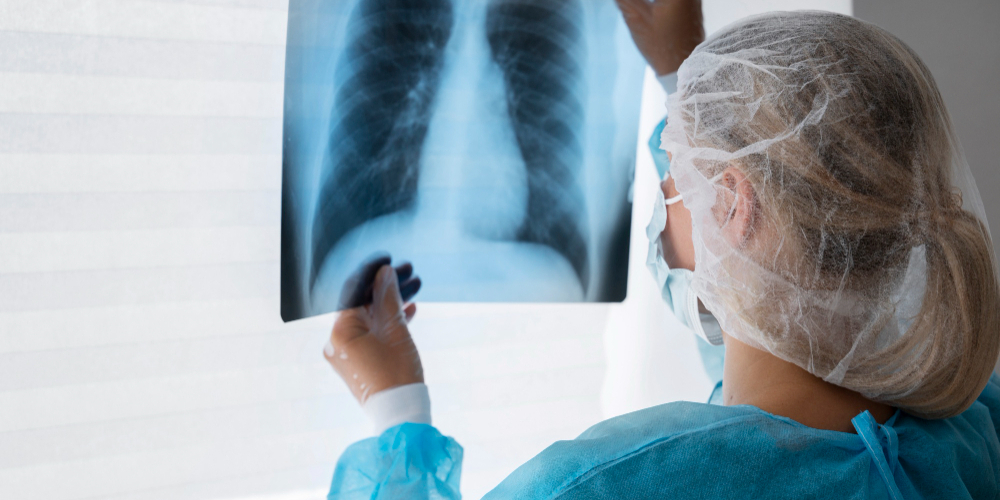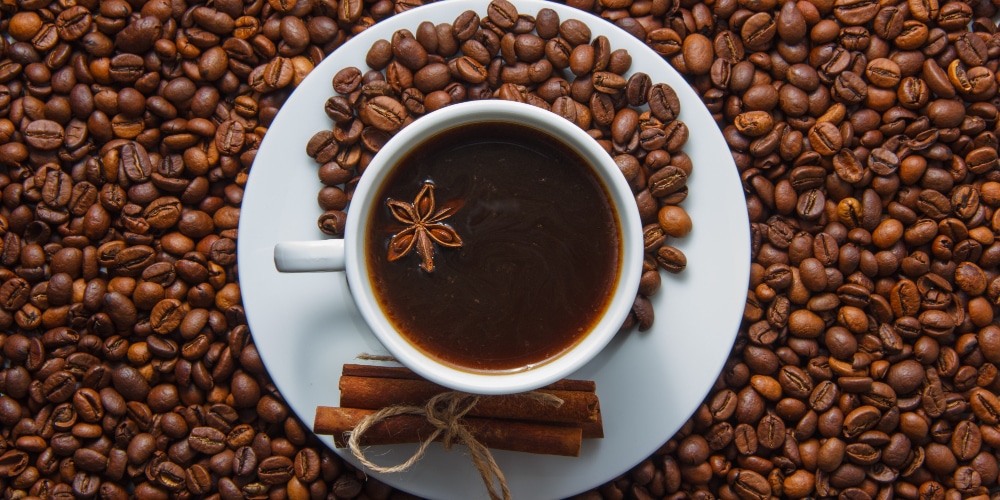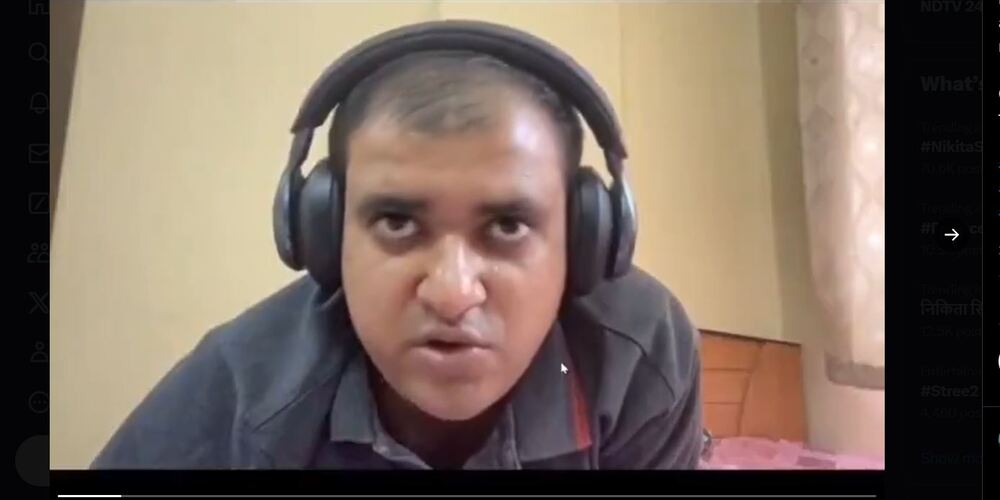World Cancer Day: Recent cancer misinformation trends that swept the internet
Increasing evidence suggests that cancer misinformation, especially the promotion of unverified treatments, can have serious consequences. For instance, a 2017 study revealed that cancer patients who opted for alternative or complementary therapies over conventional treatments faced a higher risk of mortality compared to those who followed standard cancer care.
Author
Author
- admin / 11 months

- 0
- 6 min read
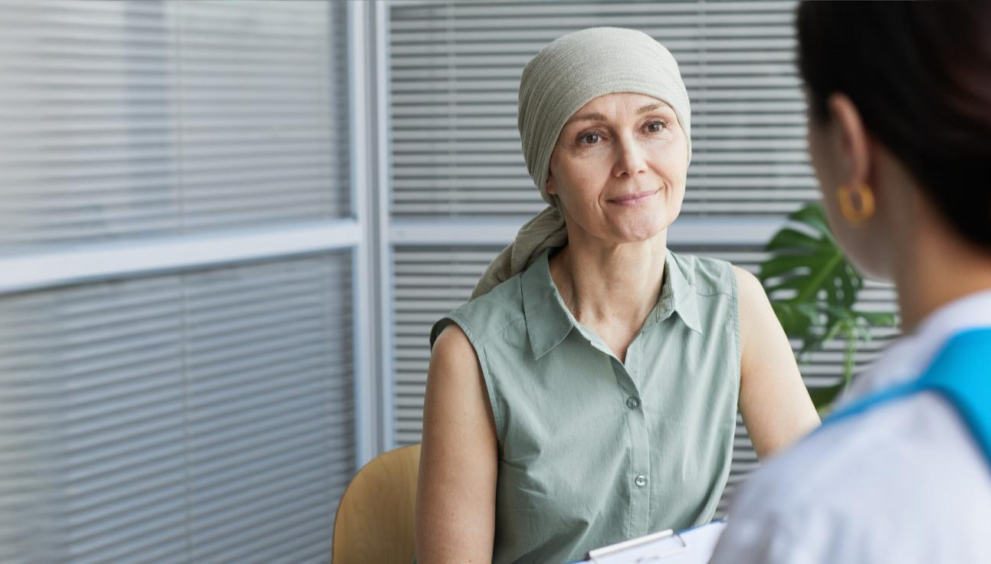
Author
Cancer is among the leading causes of death worldwide, with approximately 1 crore lives lost in 2022. By 2040, annual new cancer cases are projected to increase to 2.9 crore, while cancer-related deaths are expected to reach 1.5 crore.
Diseases like cancer need fact based diagnoses and evidence backed therapies and treatment protocols prescribed by qualified professionals to help the patient defeat it. However, with increased access to the internet, the waters are muddied with health-related misinformation.
More individuals are turning to social media platforms to seek information on health-related topics, which are often not the best places to seek medical advice. A 2022 study on Cancer Misinformation and Harmful Information on Facebook and Other Social Media found that, of the most popular articles posted on social media in 2018 and 2019 on the four most common cancers, one in every three contained false, inaccurate, or misleading information.
Another 2019 study of information about prostate cancer on YouTube reached similar conclusions. Many popular YouTube videos about prostate cancer contained biased or poor-quality information, as per the study.
Increasing evidence suggests that cancer misinformation, especially the promotion of unverified treatments, can have serious consequences. For instance, a 2017 study revealed that cancer patients who opted for alternative or complementary therapies over conventional treatments faced a higher risk of mortality compared to those who followed standard cancer care.
The situation is not much better today. Social media is still rife with misinformation related to cancer. On World Cancer Day, which is observed annually on February 4, First Check evaluated the top five false claims related to cancer that went viral in recent times.
CLAIM #1: Turmeric, neem water, apple cider vinegar, lemon water, and lifestyle changes can cure cancer, claims cricketer-turned-politician Navjot Singh Sidhu
In November 2024, former cricketer-turned-politician Navjot Singh Sidhu claimed that his wife, Navjot Kaur, overcame stage-4 cancer through dietary and lifestyle changes, including consuming turmeric, neem water, apple cider vinegar, and lemon water. He emphasised avoiding sugar and carbohydrates and practicing intermittent fasting.
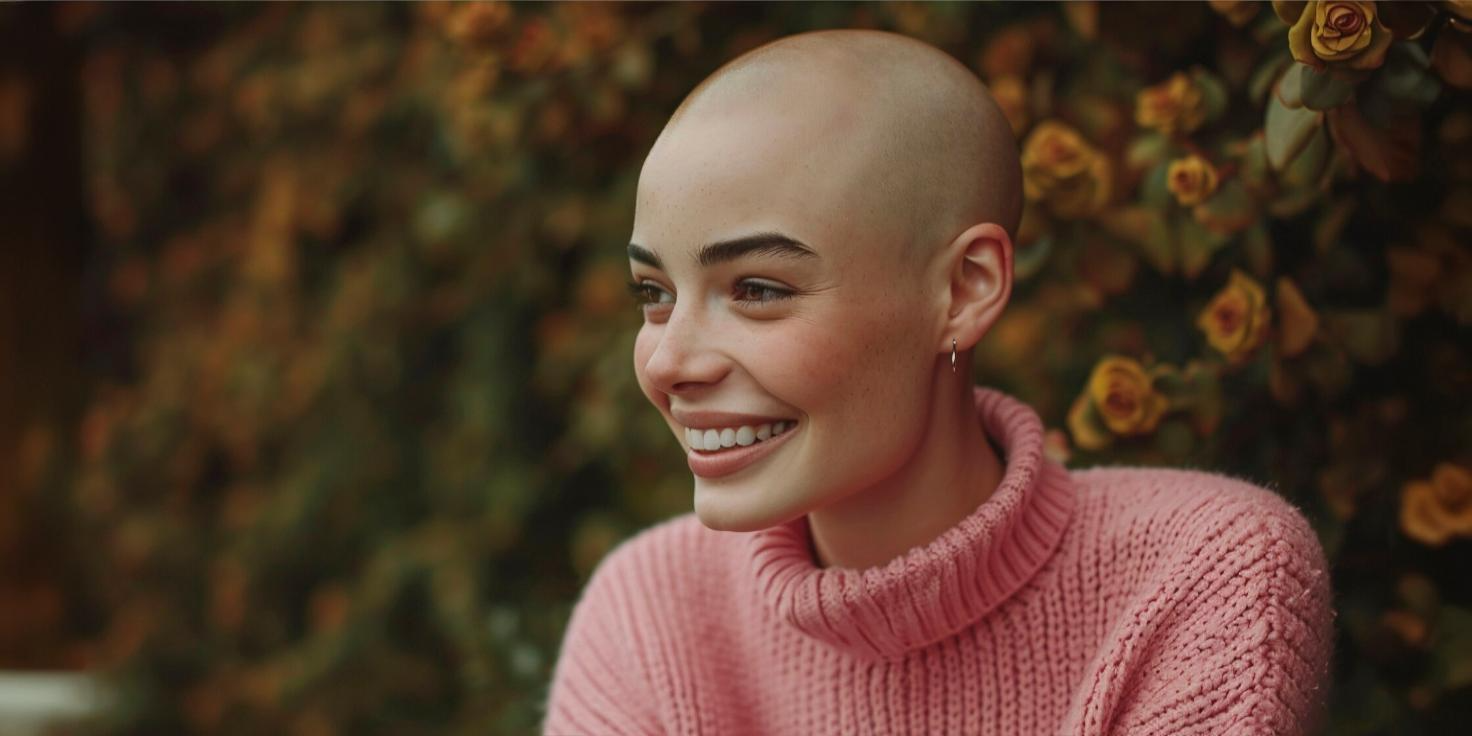
Sidhu’s statements gained significant traction on social media, with one Instagram reel discussing his claims amassing over 70 lakh views and more than 2,25,000 likes.
The claims were debunked almost immediately. This was met with rebuttals from over 262 oncologists at Tata Memorial Hospital, urging people “not to delay their treatment by following unproven remedies” and to consult a cancer specialist if they show symptoms of cancer. The Medical Council of India and other senior specialists also issued swift rebuttals to Sidhu’s claims.
These sentiments were echoed by the medical experts we contacted. Dr Sameer Kaul, Senior Consultant in Surgical and Clinical Oncology at Apollo Cancer Institute, New Delhi, called the claim a “dangerous form of misinformation,” emphasising that “diet alone cured metastatic cancer is a fallacy and it is misinformation.”
He further added, “The issue that has to be discussed is the health information and disinformation scenario.” Dr Kaul criticised the media for not thoroughly vetting Sidhu’s claims, warning that they could mislead vulnerable individuals seeking alternative treatments.
But the damage was done—multiple social media accounts were either amplifying Sidhu’s claims, or were using it to push their own unproven alternate therapies and ‘cures.’
CLAIM #2: Ginger is a powerful metabolism booster that helps reduce cancer risk, supports immunity, and aids digestion
Just last month, a post by Harry Psaros (@PittGuru) went viral on X, with over 1.3 crore views, that claimed that ginger boosts metabolism, aids weight loss, supports immunity, and may even prevent cancer.
While research supports ginger’s anti-inflammatory and blood sugar-regulating properties, experts caution that the claim that that it can prevent is misleading. While there have been studies done on animals that support the claims, trials examining ginger as a cancer preventive remedy in humans are limited.
Dr T.S. Ganesan, a medical oncologist explained that there is no long-term study proving ginger reduces cancer risk. Though beneficial, ginger’s effects are modest and should complement, not replace, a healthy lifestyle and medical treatment.
CLAIM #3: Cow shed therapy helps in cancer treatment
In October 2024, an Uttar Pradesh minister, Sanjay Singh Gangwar, made controversial claims during the inauguration of a cow shelter in Pilibhit, asserting that cancer patients could cure themselves by cleaning cowsheds and lying in them.
“If a cancer patient… starts cleaning a cowshed and lying there, even cancer can be cured,” the Bharatiya Janata Party legislator said. He also spoke of other benefits of petting and serving cows, including helping to manage blood pressure.
His remarks sparked widespread attention and debate. First Check found no scientific evidence supporting these assertions, despite attempting an extensive literature review.
CLAIM #4: Chemotherapy has a failure rate of 97 per cent
A 2016 video featuring Dr. Peter Glidden, a naturopathic physician, went viral in 2024, claiming chemotherapy has a 97 per cent failure rate and is prescribed for financial gain.
Chemotherapy’s effectiveness varies based on disease progression and patient factors. For colorectal cancer, chemotherapy combined with surgery significantly boosts survival, with localized cases having a 90% five-year survival rate.
There is no evidence supporting the claim that doctors prescribe chemotherapy for monetary reasons.
CLAIM #5: Cancer can be cured without using chemotherapy
A viral Instagram reel claimed that cancer could be cured without chemotherapy, featuring a woman who rejected chemo in favour of Ayurveda. The post, with over 2.7 lakh views, implied her recovery was due to alternative treatments.
However, Dr. Kanika Sood Sharma, an oncologist First Check spoke to, dismissed this, emphasising that chemotherapy is essential for most cancers, with exceptions like early-stage larynx cancer.
While evidence on the efficacy of alternate therapies for cancer is limited, there have been studies that have shown the dangers of relying solely on such treatments to treat cancer. For instance, a study in the Journal of the National Cancer Institute (NCI) said that risk of death among patients relying on alternate treatments for cancer was 2.5 times higher than those receiving scientifically proven treatments.
Also read: Lung cancer in non-smokers rises amid declining smoking rates: study




